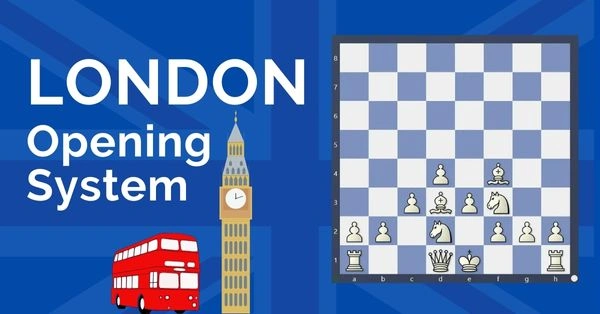Latest Posts - Page 3
The King’s Gambit, an opening of the romantics in the 19th Century. Players know it for the wild sacrifices and decisive attacks on the enemy King. This strategy is easy to understand because Checkmate ends the game. From a strategic point of view, we get the most out of the game when we pressure our opponent and force him to our will on the board.
Players always need to have a strategy in mind. In the middlegame strategy guides us to our goals. A player can go for either an active or passive strategy. But in sequential games like chess, it is good to have an active strategy. But whether to go for an active strategy or a passive one is fully up to the judgment of the player.
What if you could take some creativity… Gain tons of initiative… And finally, launch a vicious attack on your opponent’s king… without ever going into the endgame?
One of the most frustrating aspects of being a beginner in chess is the scattered nature of available learning resources. Countless books, online lectures, and DVDs offer conflicting advice, leaving newcomers feeling confused and directionless. “The Best Chess Courses for Beginners” focuses on simple, easy-to-learn concepts and the authors teach straightforwardly.
Successfully checkmating an opponent is one of the most thrilling experiences for a beginner in chess. It is also one of the ultimate goals of a chess player to master the art of checkmating. As you gain experience, you will realize that checkmate in chess can occur at any stage of the game, from the opening to the endgame, and can be a result of a brilliant combination or sacrifice, or a consequence of a blunder or oversight.
Let’s take a look at my selection of 10 Best Opening Wins of All Time… Chess miniatures are always fun to go over and analyze. They are usually possible only because one side makes a big mistake in the opening, allowing the opponent to take over the initiative. Nevertheless, they promise to be very entertaining and full of tactics.
Damian Lemos is a huge fan of the King’s Indian Defense. He’s been playing it since he was 12 and hasn’t stopped, even as a GM.
Enter the Grand Prix Attack.
A lot of 1.e4 players hate to see 1…c5 over the board.
It’s a beast of an opening: complex, tricky, and you really need to stay sharp with both theory and practice.
What if you could sidestep the mainline theory and play the system that requires almost no memorization, but still scores great with White? Double Fianchetto System is crafted around the universal setup that works against anything Black plays.
London System is one of the easiest openings to learn and one of the hardest openings to face.
It makes it popular among beginners as well as among strong players and top grandmasters.
It is based on a simple scheme of development that can be used against any Black setup.
This is why it is considered a system, although many people call it the London Opening.

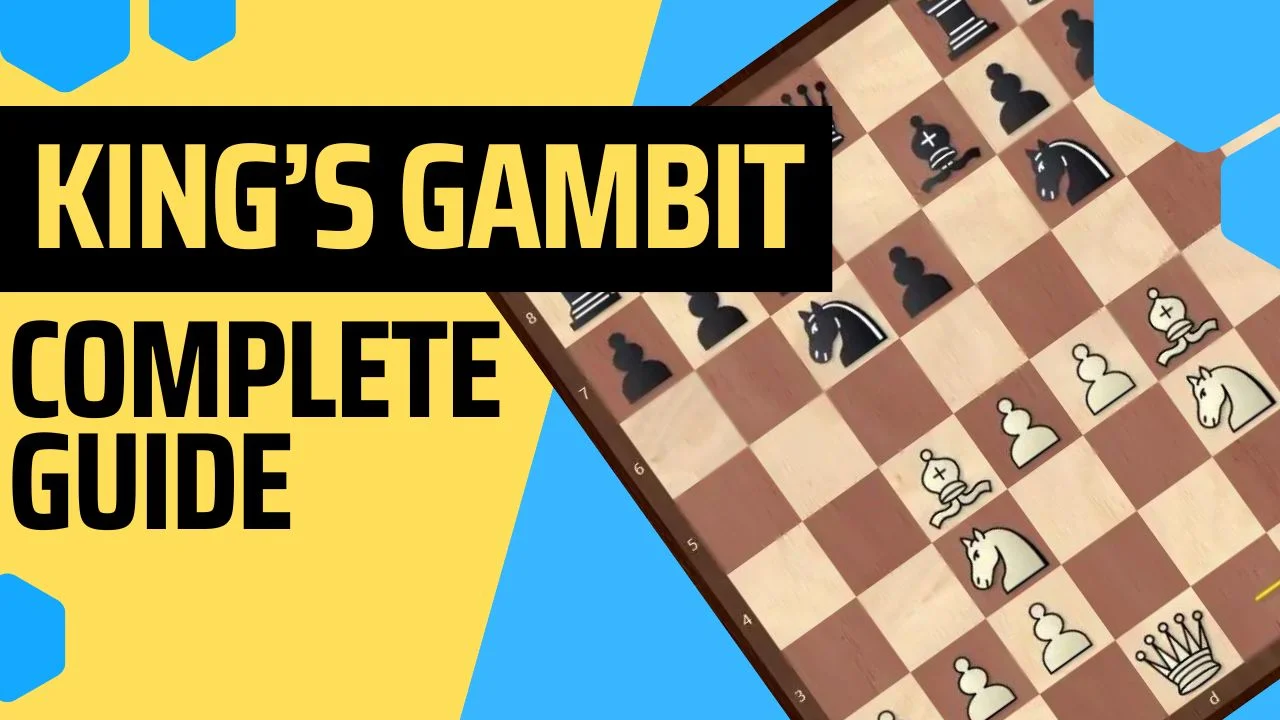
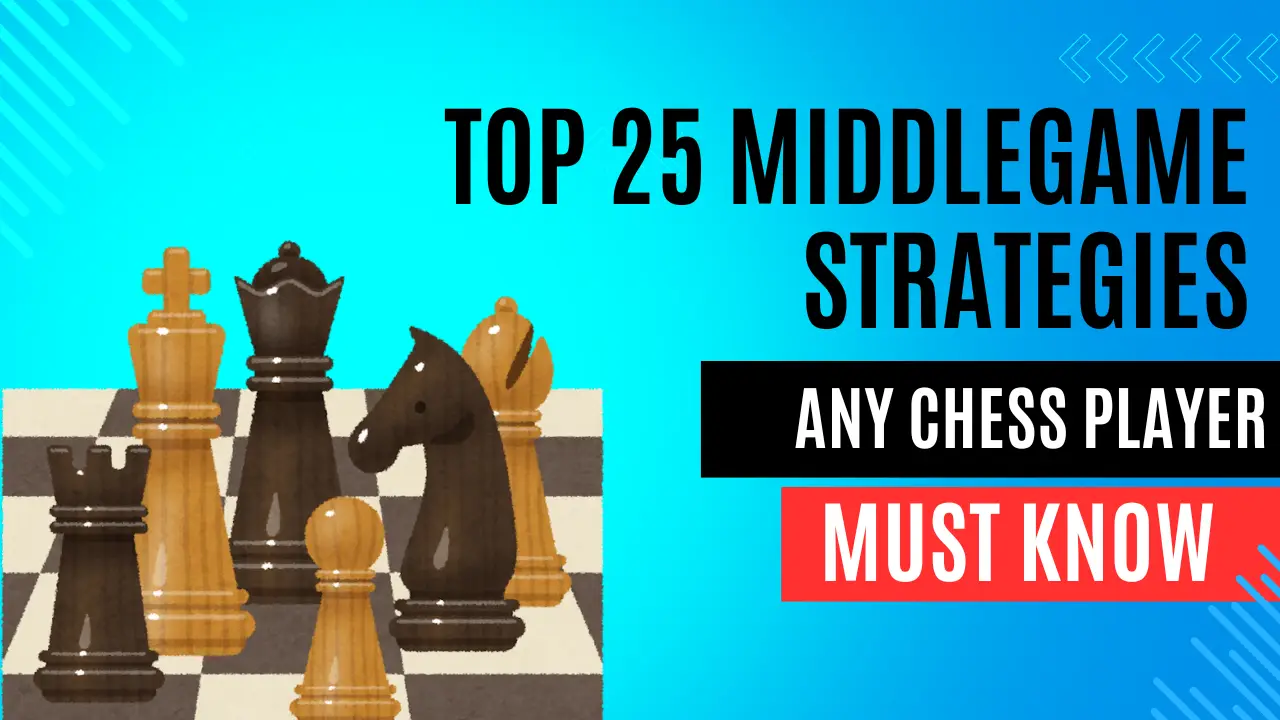

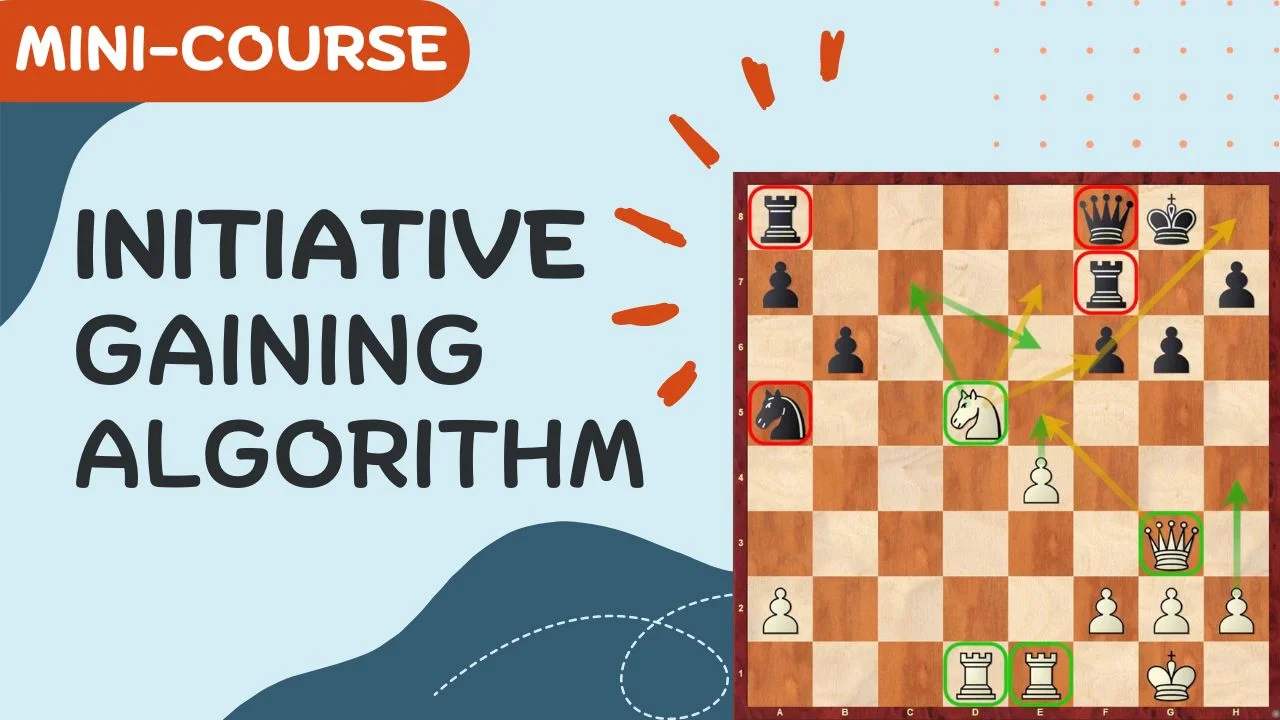
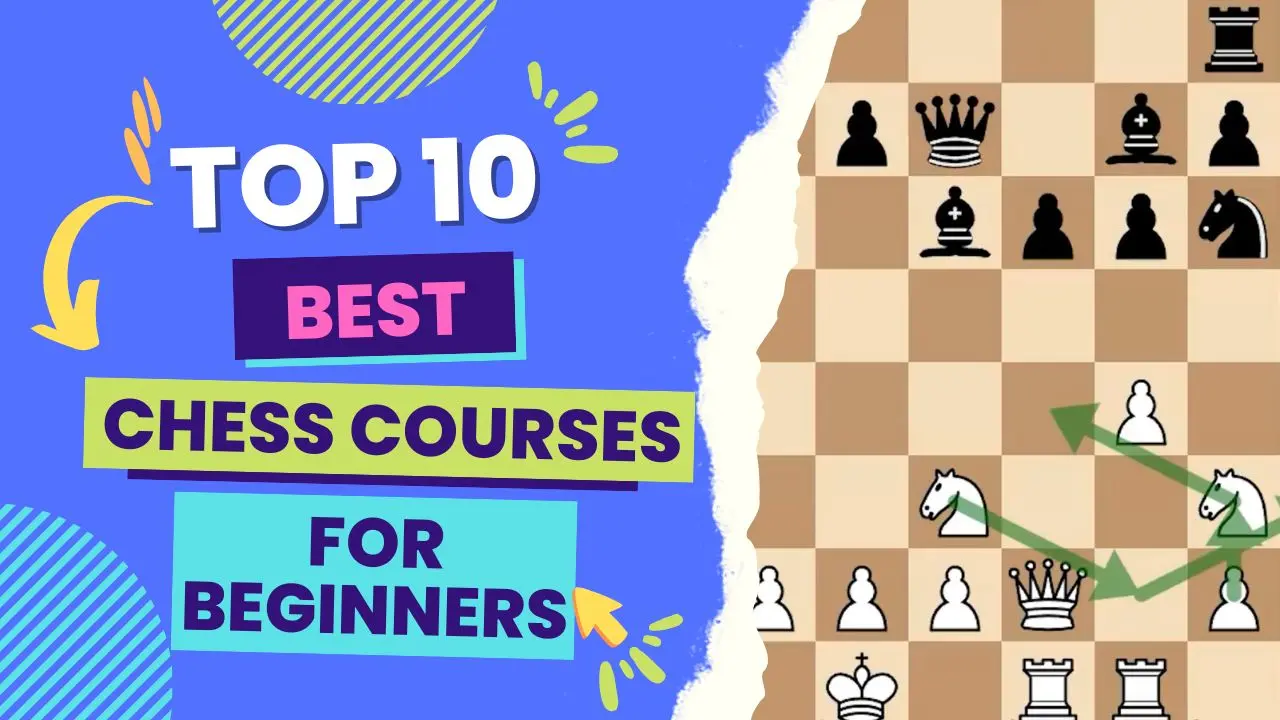
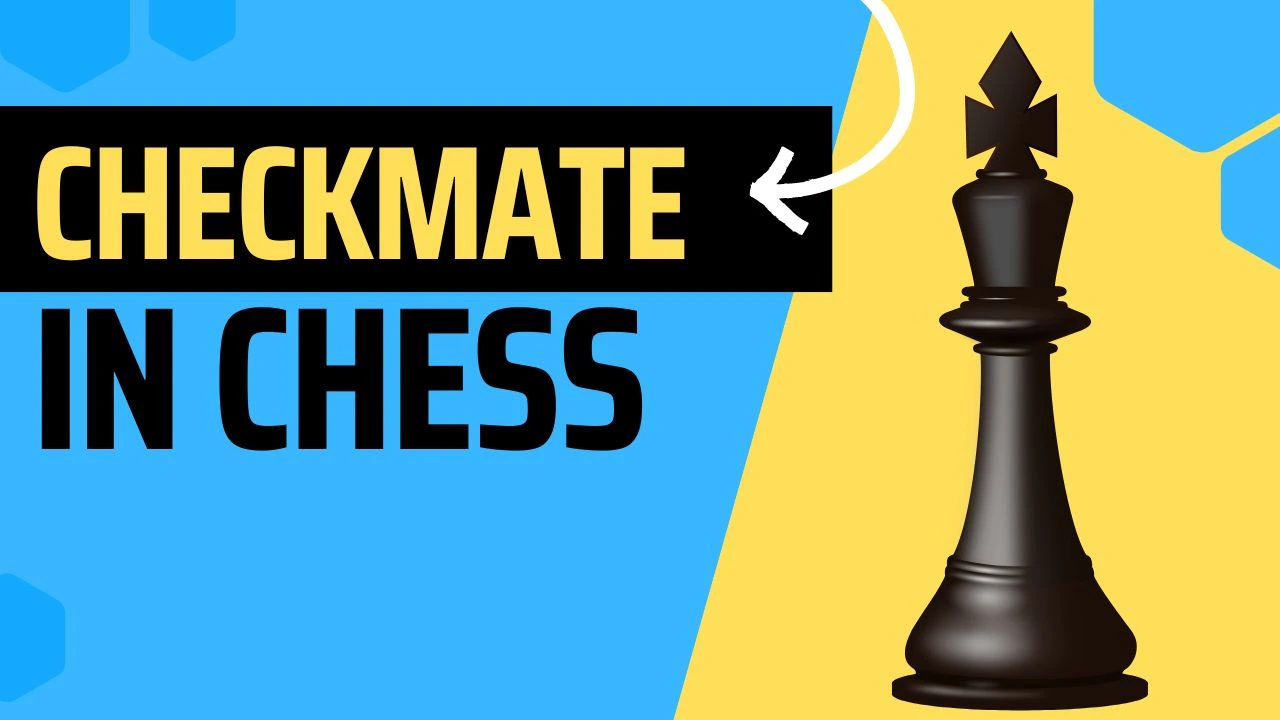

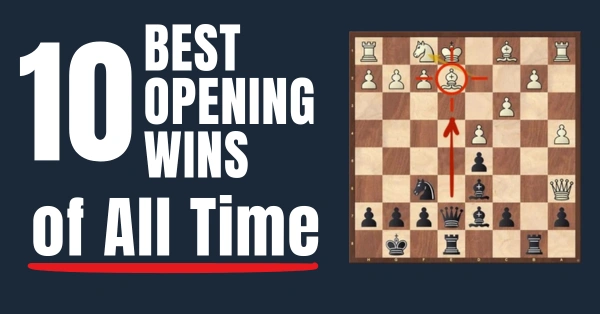
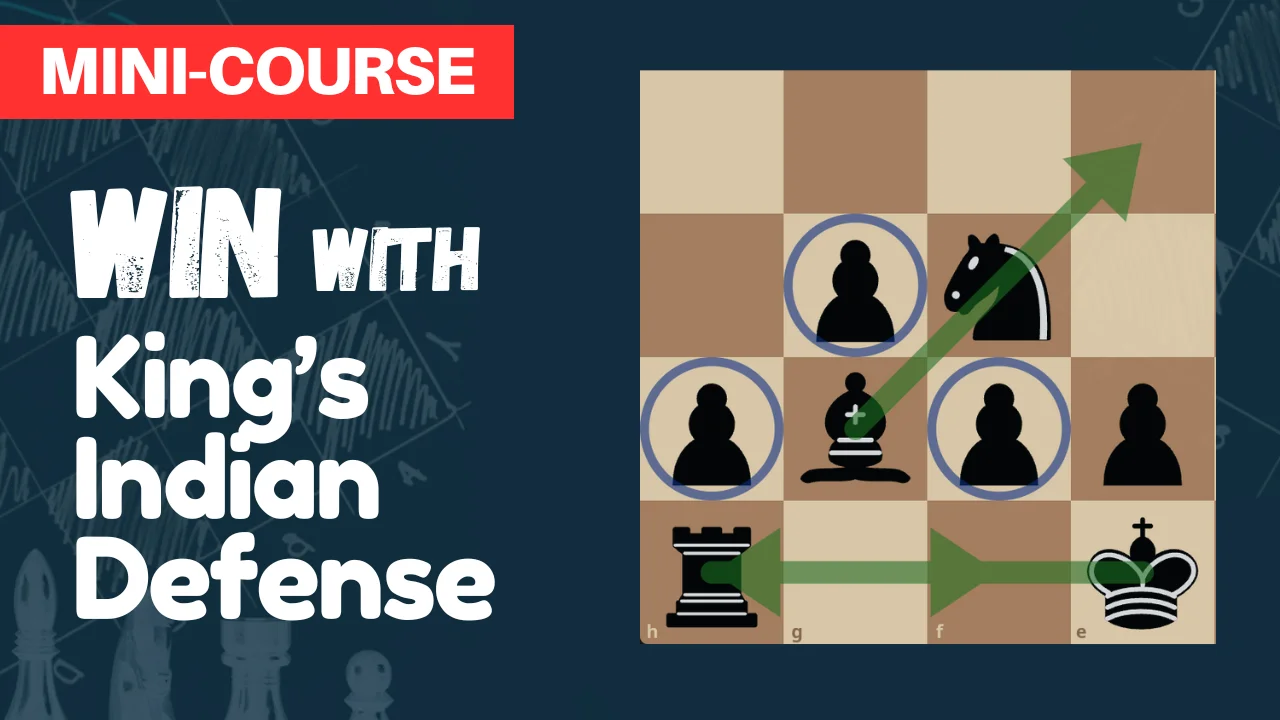
![Grand Prix Attack for White with IM Marcin Sieciechowicz [TCW Academy]](https://thechessworld.com/wp-content/uploads/2024/04/grand-prix-attack-for-white.webp)
![Double Fianchetto System for White with IM Marcin Sieciechowicz [TCW Academy]](https://thechessworld.com/wp-content/uploads/2024/04/double-fianchetto-system-for-white.webp)

